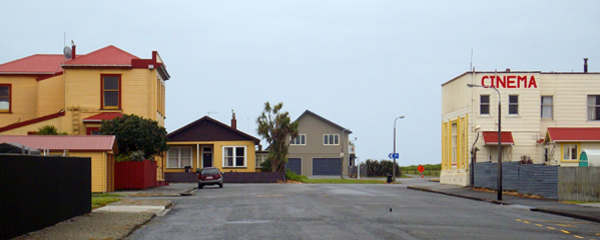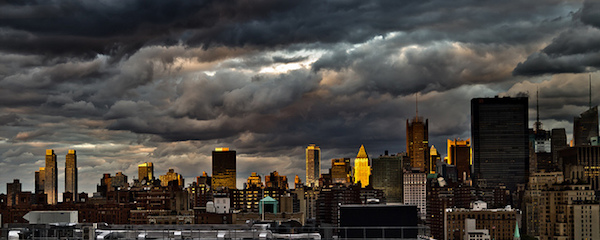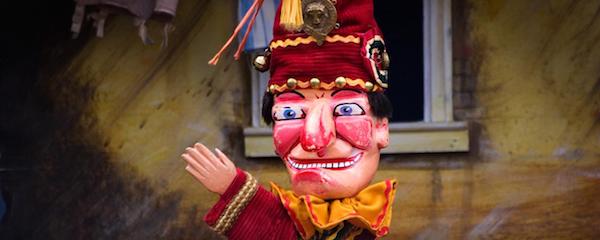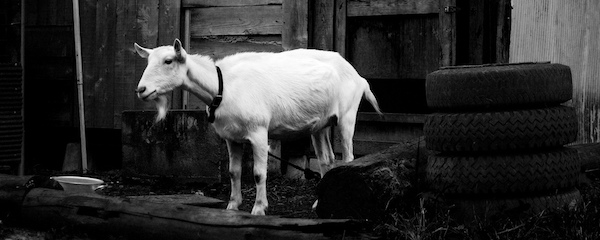KATE SMITH dives into the uncomfortable world of a short story by Julie Orringer: ‘‘Pilgrims’, the story that opens Julie Orringer’s collection How to Breathe Under Water, is remarkable and satisfying in its own right, and, once you’ve read the whole collection, to re-read ‘Pilgrims’ is to hear not only the clarity of its own notes but something of those of the stories to come…’
USCHI GATWARD explores the hidden depths of Dorothy Parker’s short story ‘The Standard of Living’: ‘If we didn’t know we were reading Parker, we’d know at least that we were reading irony. Annabel’s and Midge’s leisure is a temporary state, lasting the whole of Saturday afternoon – although, with that ‘stretched’, its horizons seem limitless…’
SOPHIA KIER-BYFIELD finds home comfort and more than a little irony in Thomas Morris’ collection: ‘For the characters in We Don’t Know What We’re Doing, home is the small Welsh town of Caerphilly. A winding strip of dual carriageway, cutting through the curves of the Rhondda Valley, tethers this place to the locality I have come to call home…’
DR CHRIS MACHELL on short story adaptations: this month Machell delves into Apocalypse Now, Francis Ford Coppola’s 1979 adaptation of Joseph Conrad’s novella Heart of Darkness, as well as the more recent, subsequent adaptation into brutal video game, Spec Ops: The Line.
KAREN WRIGGLESWORTH reflects on the authentic voice of New Zealand writer Witi Ihimaera: ‘It was just like immersing myself in a hot thermal bath at Rotorua, closing my eyes, and simply listening to the voices of the local people going about their day all around me…’
FRANCES GAPPER explores the life and writings of Dorothy Edwards: ‘Hovering awkwardly on the fringe of the Bloomsbury Group, virtually penniless and dependent on a friend for accommodation, Dorothy Edwards lacked the two things Virginia Woolf considered vital for a woman writer of fiction: money, and secure private space…’
DIANA CAMBRIDGE profiles the life and writing of American author Sue Kaufman: ‘It’s forty years since she jumped from the balcony of the eighteenth-floor New York apartment in which she lived with her husband and son. When she died, she was fifty, and had written five novels – one of which, Diary of a Mad Housewife, was made into a film – and a collection of fifteen short stories, The Master and Other Stories…’
INTERVIEW: Shortly after the publication of his latest collection of short stories, The Ghost Who Bled, GREGORY NORMINTON talks to Thresholds about the past, fictional and factual horrors, stories he wishes he’d written, becoming a writing, and books in translation…
JUDITH GEORGE discovers Claire Keegan’s ear for silence in a story from Walk the Blue Fields: ‘So little in ‘Night of the Quicken Trees’ is said, and yet what is said speaks volumes. That is the key to Keegan’s unflinching style…’
MIKE SMITH finds himself at war with Vivien Jones’ flash fiction ‘Sorting Office’: ‘Vivien Jones is a direct writer, with a deceiving simplicity of style, and in this very short story, a flash fiction by most measures, the simplicity and the deception are well employed. Structured as two half-page paragraphs, and a four-line ending, it establishes a path for a denouement that will surprise, although it is a conclusion that is, at the same time, entirely probable, rather than merely plausible…’









